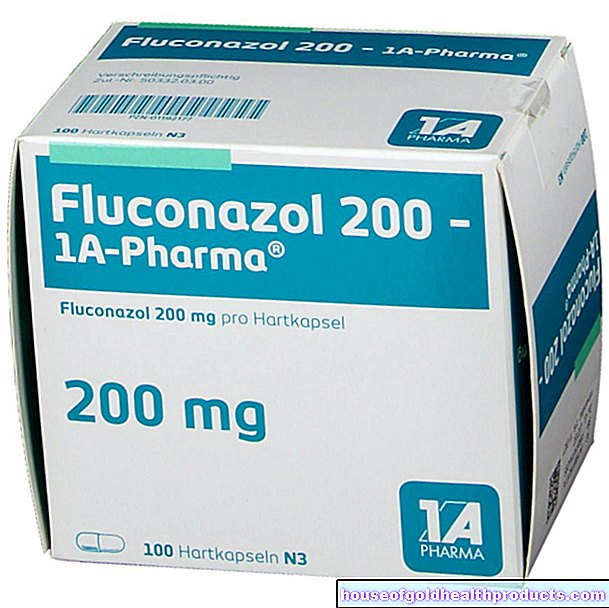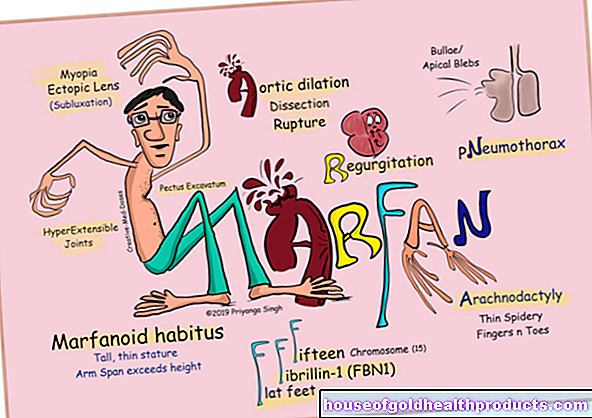Wick MediNait
All content is checked by medical journalists.Wick MediNait is used to treat colds. These include symptoms such as coughing, runny nose, sore throat, headache and body aches and mild fever. Wick MediNait is often used before going to bed. Here you can find all the important information about the drug and the Wick-MediNait ingredients.
This active ingredient is in Wick MediNait
The medicine contains an effective combination of four active substances. Firstly, it contains paracetamol, a non-steroidal pain reliever (analgesic), and it relieves mild fever and inflammation. Dextromethorphan belongs to the group of cough suppressants (antitussives). It reduces the urge to cough and enables a peaceful sleep. Wick MediNait also contains ephedrine. This substance belongs to the sympathomimetics, activates the so-called alpha and beta receptors and releases noradrenaline. This effect makes the nasal mucous membranes swell and makes it easier to breathe deeply. Finally, the drug contains doxylamine, which has a numbing effect and reduces runny nose and the urge to sneeze.
When is Wick MediNait used?
By combining the active ingredients, Wick MediNait is used to combat cold symptoms. These include:
- cough
- sniffles
- Body aches
- headache
- Sore throat
- light fever
The cold juice should only be used if several of the listed cold symptoms occur at the same time.
What are the side effects of Wick MediNait?
The concentration of the active ingredients contained is so low that all of the listed Wick-MediNait side effects only occur very rarely. Symptoms such as nausea and vomiting, gastrointestinal discomfort, constipation and loss of appetite can occur. Dizziness, difficulty concentrating, depression, muscle weakness and ringing in the ears are also occasionally possible.
If there are very severe Wick-MediNait side effects such as an increase in intraocular pressure, seizures, rise or fall in blood pressure, accelerated or irregular heartbeat, reduced respiratory function or hypersensitivity reactions (swelling, redness, shortness of breath), a doctor must be consulted immediately.
You should bear this in mind when using Wick MediNait
Unless otherwise prescribed, the daily Wick-MediNait dosage for adults and adolescents aged 16 and over is 30 milliliters. If the symptoms are not alleviated after three to five days at the latest or if they worsen, a doctor should always be consulted.
Furthermore, interactions with other drugs are possible, which can increase or decrease the effect of the Wick-MediNait ingredients. The drug must not be used in:
- known allergy to the Wick-MediNait ingredients
- Respiratory diseases (e.g. asthma or respiratory depression)
- glaucoma
- Liver and kidney damage
- high blood pressure
- Heart and thyroid diseases
- epilepsy
- Alcoholics
- treatment with antidepressants (even if it was two weeks ago)
- enlarged prostate
Special caution and use only after consultation with the doctor applies to:
- diabetes
- Gilbert syndrome
- Reflux
If you have a slimy cough, Wick MediNait must not be used. In this case, an expectorant should be administered that promotes sputum (expectorance).
Its use can reduce its responsiveness. For this reason, the drug should only be taken before going to bed and should not be used in traffic.
Wick MediNait: contraindications
An intensification of the Wick-MediNait effect can be expected with the simultaneous use of:
- Psychiatric drugs, pain relievers, sleeping pills, and medication for seizure disorders
- Substances that inhibit the messenger substance acetylcholine (e.g. biperidine in Parkinson's disease)
- Theophylline
A reduced effect is to be expected when taking at the same time:
- Neuroleptics
- Cholestyramine (used to lower cholesterol)
Further interactions can express themselves very differently, for example in the form of increased side effects. The trigger can be the simultaneous intake of metochlopramide, domperidone (bowel movement), probenicid (gout), rifampicin (tuberculosis), marcumar (blood thinner), zidovudine (HIV), antihypertensive agents, cardiac glycosides (e.g. digoxin or epinephrine).
Wick MediNait: Children, Pregnancy and Breastfeeding
Children under the age of 16 should not take the drug. It is also not recommended for the treatment of pregnant or breastfeeding mothers, as the active ingredients could have negative effects on the child.
Abuse and overdose
In addition to many other ingredients, Wick MediNait contains ephedrine. If the drug is misused, the patient can become dependent on the drug and reactions such as restlessness, excitement, tension, insomnia, hallucinations, confusion, tremors and dry mouth can occur. Therefore, the treatment of patients with potential for addiction should only be carried out for a short time and should be closely monitored.
Due to the analgesic it contains, severe liver damage, which can also lead to death, is to be expected in the event of an overdose.
How to get Wick MediNait
Wick MediNait is available in pharmacies without a prescription.
Complete information on this drug
Here you can find the complete information about the drug as a download (PDF)
Tags: Diseases anatomy news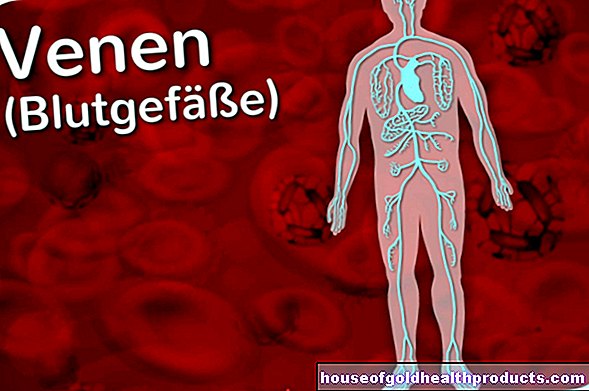
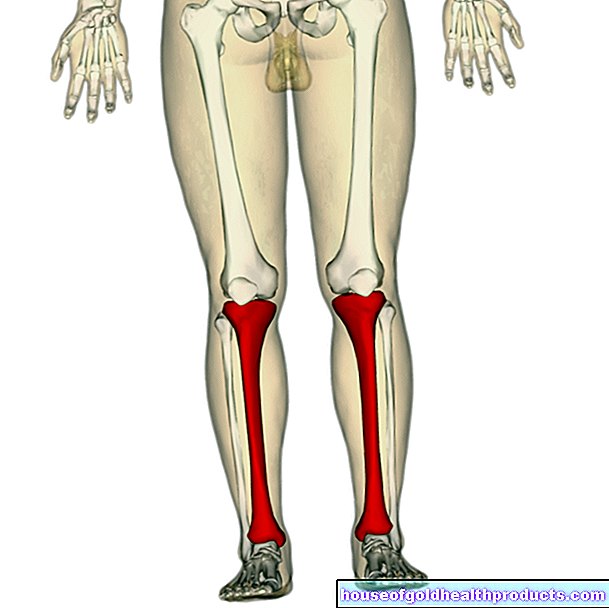
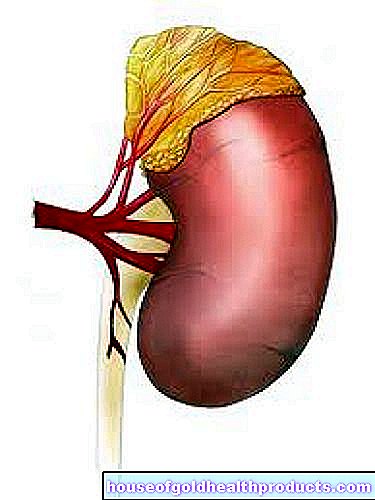


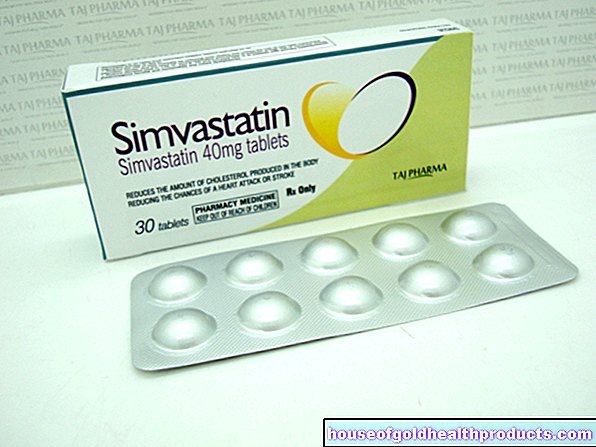



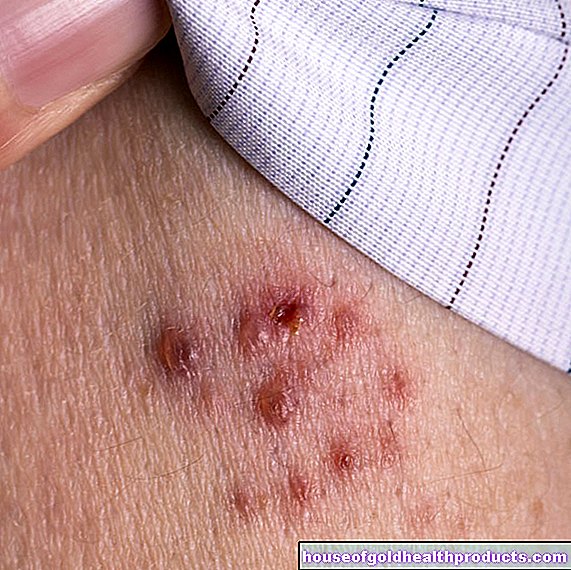
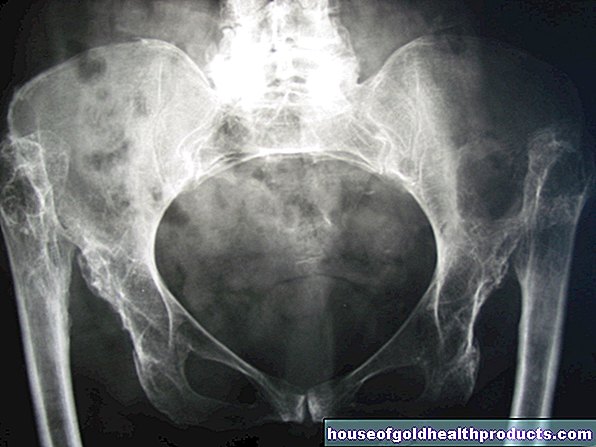



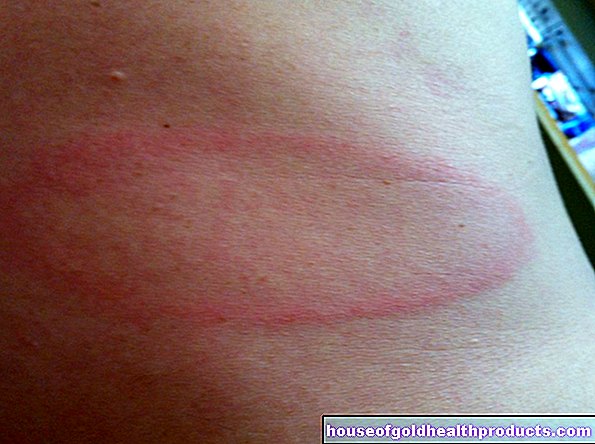

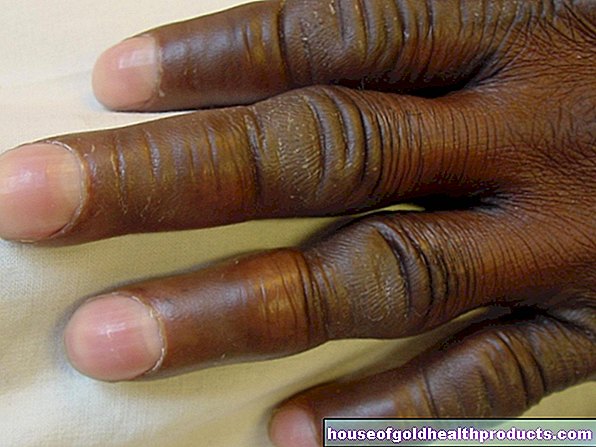



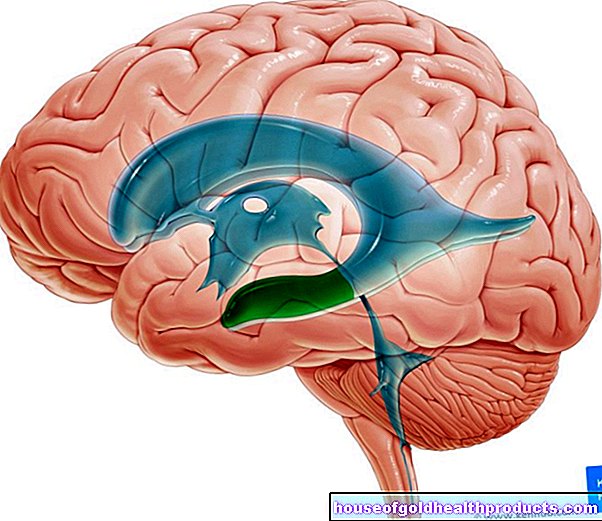

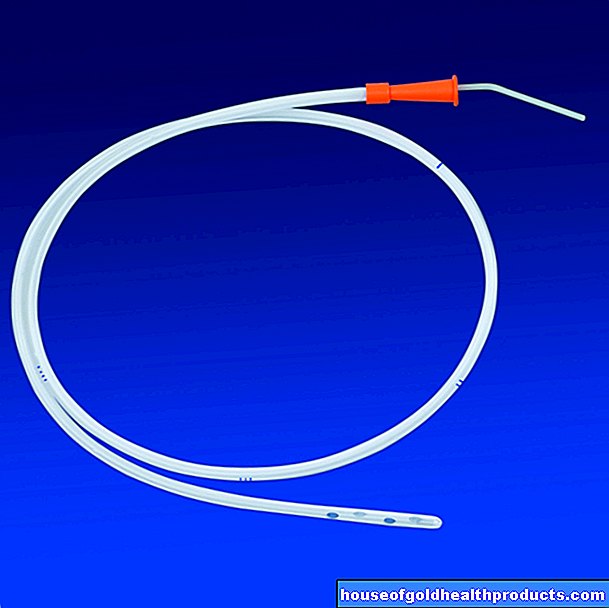


.jpg)
